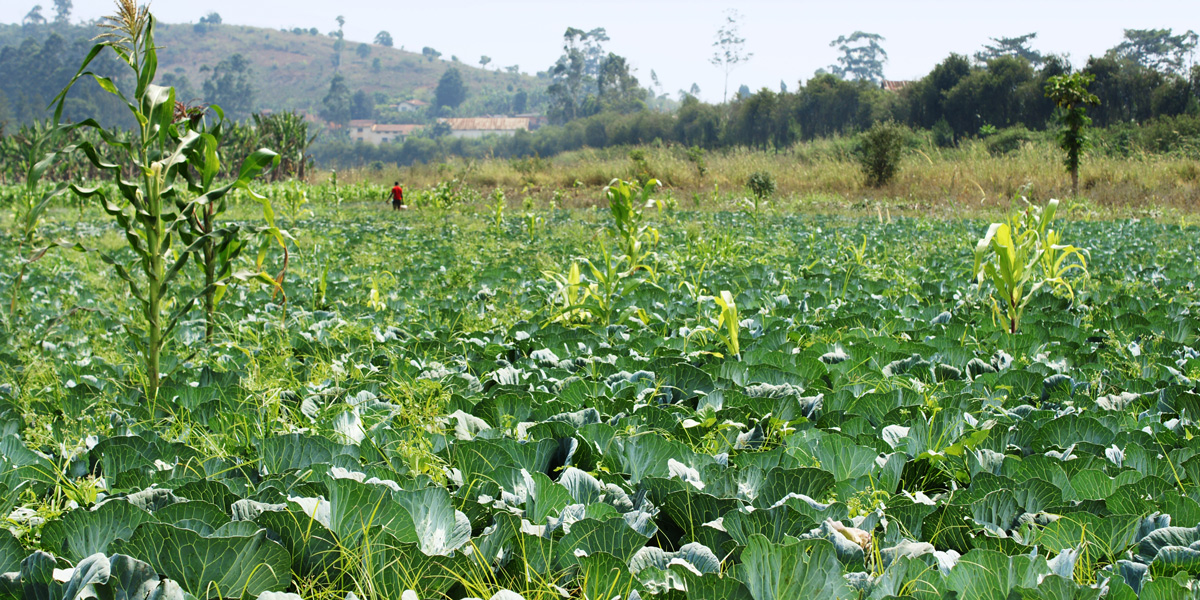
New peer-reviewed report finds that NGO opposition to genome editing cannot be dismissed as being emotional or dogmatic – but is based on scepticism of the inflated claims being made for the technology
Genome editing is not the answer to world hunger because a shortage of food isn’t the problem, says a group of non-governmental organisations (NGOs) surveyed by the University of Nottingham.
This is one of three main findings in a report from the University of Nottingham’s School of Sociology and Social Policy, which studied NGOs’ scepticism of genome editing technology. GMWatch took part in the research that led to the report.
Genome editing is a set of genetic engineering techniques which have been widely hyped as offering solutions to a number of global food security issues, including climate change, plateau-ing yields of some crops, and malnutrition.
However, resistance to these technologies is well documented and the debate around agricultural technology has been heated and long-running. The arguments of NGOs against the technology are frequently dismissed as being based on “emotion” and “dogma”.
As with earlier debates on GM crops, NGOs have increasingly become the subject of intense criticism from leading scientists who support genome editing in agriculture. The debates have provoked passion on all sides, but rarely have they led to a mutual understanding from both parties.
In the report, “Why are NGOs sceptical of genome editing?”, published in EMBO reports, experts from the University of Nottingham, University of Exeter, and University of Sheffield examine why NGOs are so sceptical through a one-day focus group and nine interviews involving 14 participants from UK and EU-based NGOs.
The findings suggest that opposition to genome editing cannot be dismissed as being emotional or dogmatic.
Instead, the results of the study found that the view from NGOs on genome editing is based on three specific objections:
* The problem is defined as a lack of food rather than a lack of access to food
* So-called solutions that further entrench intensive agriculture through science and technology cannot address the socio-economic inequalities that lead to hunger; on the contrary, such “solutions” will make these problems worse, in that genome editing of plants and animals will produce products protected by patents
* The motivation for removing genome editing from GM regulations is likely to be not the public good but private profit.
Researchers’ access to NGO participants was made possible by GM Freeze, the UK’s umbrella campaign on GM in food and farming.
The report is available here:
http://embor.embopress.org/content/early/2017/10/30/embr.201744385










